Introduction

Pregnancy is an exciting time in a woman's life, but it can also bring about concerns and questions. For those who have a pet cat, it's important to understand the risks and benefits of sharing your home with a furry friend during this special time. This article will provide safety tips and guidelines for pregnant women with cats, ensuring a healthy and harmonious environment for both mother and pet. By taking proper precautions and maintaining good hygiene, you can enjoy the companionship of your cat while keeping yourself and your baby safe.
Understanding the risks and benefits of having a cat during pregnancy
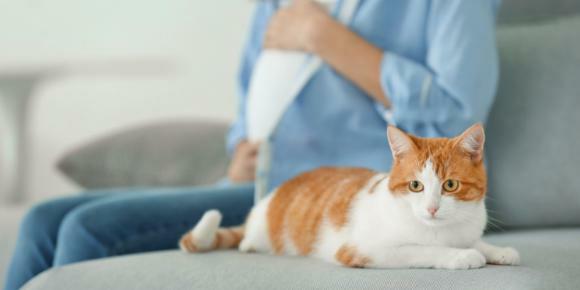
Having a cat during pregnancy can bring both risks and benefits. On the positive side, cats can provide emotional support and companionship during this special time. They can also help reduce stress and promote relaxation. However, pregnant women need to be cautious about potential risks. Cats can carry a parasite called toxoplasmosis, which can be harmful to the baby. Pregnant women should also be careful about scratches and bites, as they can lead to infections. It is important to weigh the benefits and risks and take necessary precautions for a safe and healthy pregnancy with your furry friend.
Preparing for a safe and healthy environment for both you and your furry friend
During pregnancy, it is essential to create a safe and healthy environment for both you and your cat. Ensure that your home is free from hazards such as toxic plants or chemicals that could harm you or your cat. Create a designated space for your cat that includes a comfortable bed, toys, and scratching posts to keep them entertained. Maintain a clean living environment by vacuuming regularly and keeping litter boxes clean. By taking these steps, you can ensure a safe and nurturing environment for both yourself and your furry friend.
Communicating with your Healthcare Provider
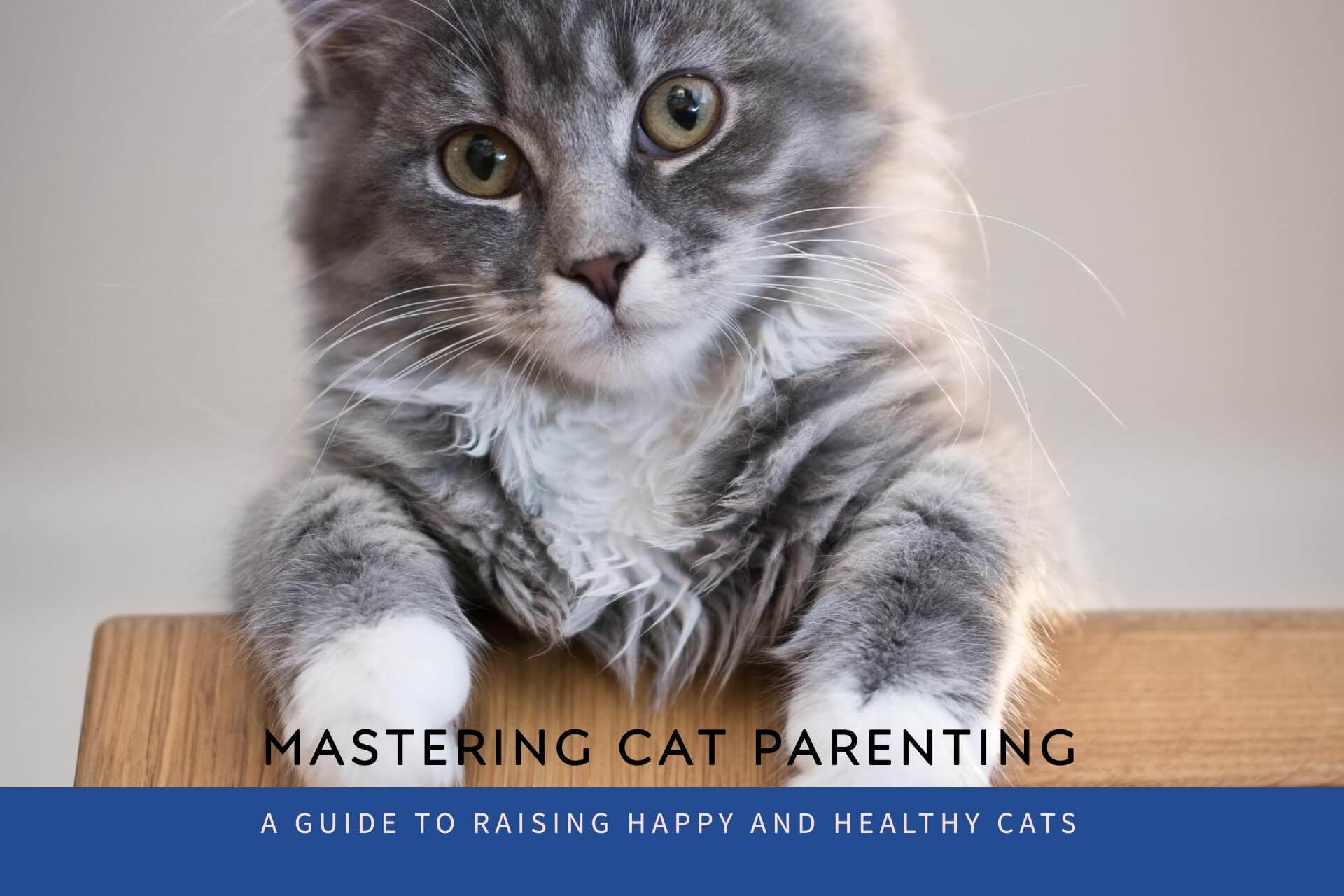
When you are pregnant and have a cat, it is important to inform your healthcare provider about your pet ownership. Your healthcare provider can provide you with specific guidance and advice tailored to your situation. They can discuss any potential risks associated with owning a cat during pregnancy and help you understand the precautions you should take. By openly communicating with your healthcare provider, you can ensure the well-being of both you and your furry friend throughout your pregnancy journey.
Discussing your pet ownership with your healthcare provider
It is crucial for pregnant women to inform their healthcare providers about their pet ownership. By discussing your pet ownership, you can receive specific guidance and advice tailored to your situation. Your healthcare provider will be able to discuss any potential risks associated with owning a cat during pregnancy and provide you with the necessary precautions to take. Open communication with your healthcare provider ensures the well-being of both you and your furry friend throughout your pregnancy journey.
Knowing the potential risks and precautions to take

Knowing the potential risks and precautions to take is essential for pregnant women who own cats. While the majority of cats pose no harm to pregnant women, it is important to be aware of certain risks. These include toxoplasmosis, a parasitic infection that can be transmitted through cat feces, and the risk of injury from scratching or biting. To minimize these risks, pregnant women should avoid contact with cat feces, wear gloves when cleaning the litter box, and ensure that their cats are properly vaccinated and dewormed. Regular handwashing is also crucial to reduce the risk of infection.
Basic Hygiene and Cleaning
Maintaining basic hygiene and adopting proper cleaning practices is crucial for pregnant women with cats. Pregnant women should always wash their hands thoroughly after handling their cats, especially before eating or touching their faces. Regular grooming and bathing of the cat can also help reduce the risk of potential infections. When cleaning the house, it is important to use safe and non-toxic cleaning products that do not pose any harm to both the pregnant woman and the cat. Proper cleaning practices can help create a safe and healthy environment for both.
Maintaining good personal hygiene when handling your cat

Maintaining good personal hygiene when handling a cat is crucial for pregnant women. They should always wash their hands thoroughly with soap and water after handling their cat, especially before eating or touching their face. This helps to prevent the spread of potential harmful bacteria or parasites. Pregnant women should also avoid touching their mouth, eyes, or face while handling the cat to reduce the risk of contamination. By practicing good personal hygiene, pregnant women can minimize the risk of infections and ensure a safe environment for both themselves and their furry friend.
Safe cleaning practices to prevent exposure to harmful bacteria
To prevent exposure to harmful bacteria while cleaning, pregnant women should take certain precautions. It is recommended to wear gloves and a mask when cleaning the litter box or handling cat waste, as it may contain parasites. Avoid using harsh chemicals and opt for natural or pet-safe cleaning products instead. Ensure proper ventilation while cleaning to minimize inhalation of fumes. Regularly disinfect surfaces and wash your hands thoroughly after cleaning to reduce the risk of bacterial contamination. By following these safe cleaning practices, pregnant women can maintain a healthy environment for themselves and their furry friends.
Feeding and Handling

When it comes to feeding and handling your cat during pregnancy, it's important to prioritize safety. Pregnant women should practice safe feeding practices by avoiding handling raw meat and washing their hands thoroughly before and after feeding their cat. Additionally, it's important to handle your cat gently and avoid rough play to minimize the risk of injury. By following these precautions, pregnant women can ensure a healthy and safe environment for both themselves and their furry friend.
Safe feeding practices for pregnant women and cats
During pregnancy, it is essential for pregnant women to practice safe feeding practices for both themselves and their cats. This includes avoiding handling raw meat and washing hands thoroughly before and after feeding their cat. Pregnant women should also ensure that their cat's food is safe and appropriate, following the guidance of their veterinarian. By prioritizing safe feeding practices, pregnant women can minimize the risk of exposure to harmful bacteria and ensure the well-being of both themselves and their feline companion.
Proper handling techniques to minimize the risk of injury

Proper handling techniques are important for pregnant women to minimize the risk of injury when interacting with their cats. It is essential to handle the cat gently and avoid any rough play that may lead to scratches or bites. Pregnant women should avoid lifting heavy objects, including their cats, to prevent strain on their bodies. Instead, they should encourage the cat to come to them or use a low stool or pet ramp for the cat to climb onto safely. By practicing proper handling techniques, pregnant women can ensure the safety of both themselves and their furry friend.
Litter Box Safety

To ensure a safe environment for both pregnant women and their cats, it is important to understand the potential risks associated with the litter box during pregnancy. Pregnant women should avoid direct contact with the litter box due to the potential exposure to harmful bacteria, such as Toxoplasma gondii. To minimize the risk, it is recommended that someone else handles the litter box or, if that is not possible, pregnant women should wear gloves and wash their hands thoroughly afterward. It is also important to clean the litter box regularly to reduce the chances of bacterial buildup.
Understanding the risks associated with cat litter during pregnancy
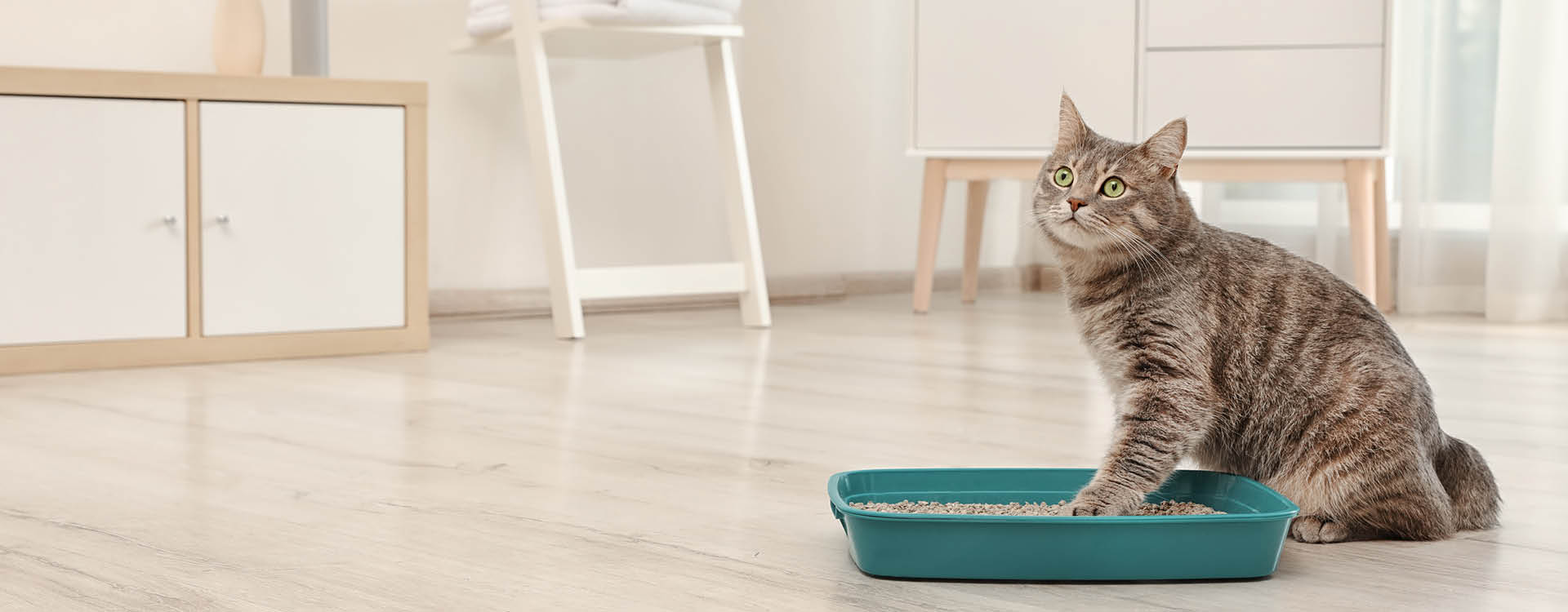
During pregnancy, it is important to understand the potential risks associated with cat litter. Cat feces can contain a parasite called Toxoplasma gondii, which can be harmful to the developing fetus. Pregnant women should avoid direct contact with cat litter to minimize the risk of exposure. The parasite can cause complications such as miscarriage or birth defects. It is recommended that someone else handles the litter box, and if that is not possible, pregnant women should wear gloves and wash their hands thoroughly afterward. Regular cleaning of the litter box is also crucial to reduce the chances of bacterial buildup.
Tips for minimizing exposure to potential infections
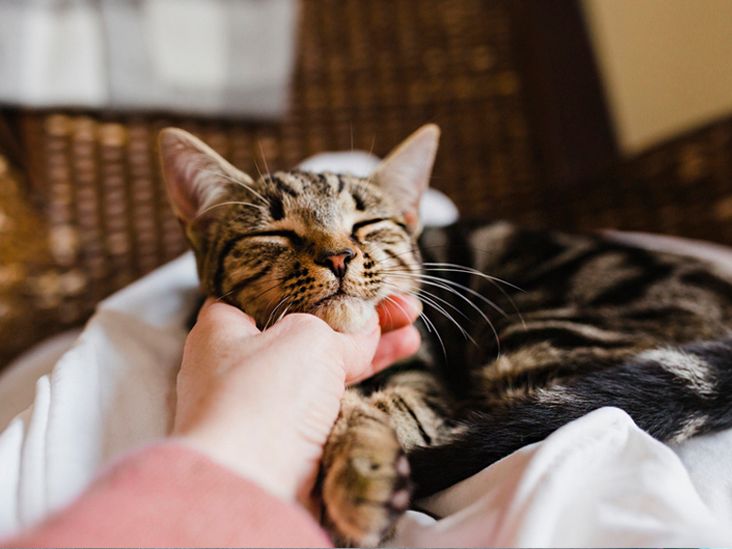
To minimize exposure to potential infections from cat litter during pregnancy, pregnant women should follow these tips:
- Avoid direct contact with cat litter if possible.
- Have someone else handle the litter box if available.
- If handling the litter box is necessary, wear gloves and wash hands thoroughly afterward.
- Clean the litter box regularly to reduce bacterial buildup.
By taking these precautions, pregnant women can reduce the risk of exposure to harmful parasites and maintain a safe environment for themselves and their unborn child.
Environmental Hazards
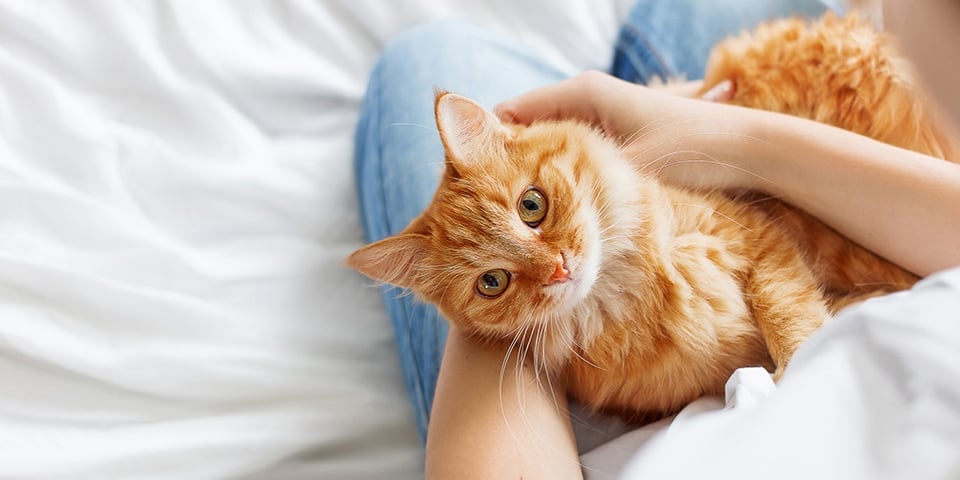
Environmental Hazards can pose risks to both pregnant women and their cats. It is important to identify and manage potential hazards to create a safe living space for both. Common environmental hazards include toxic plants, chemical cleaning products, pesticides, and secondhand smoke. Pregnant women should ensure that their home is free of these hazards, and consider using natural and pet-safe alternatives. It is also crucial to provide a well-ventilated and smoke-free environment for both you and your furry friend. Regularly inspecting your home for potential hazards can help minimize the risks and ensure a safe environment for everyone.
Identifying and managing potential environmental hazards for pregnant women and cats
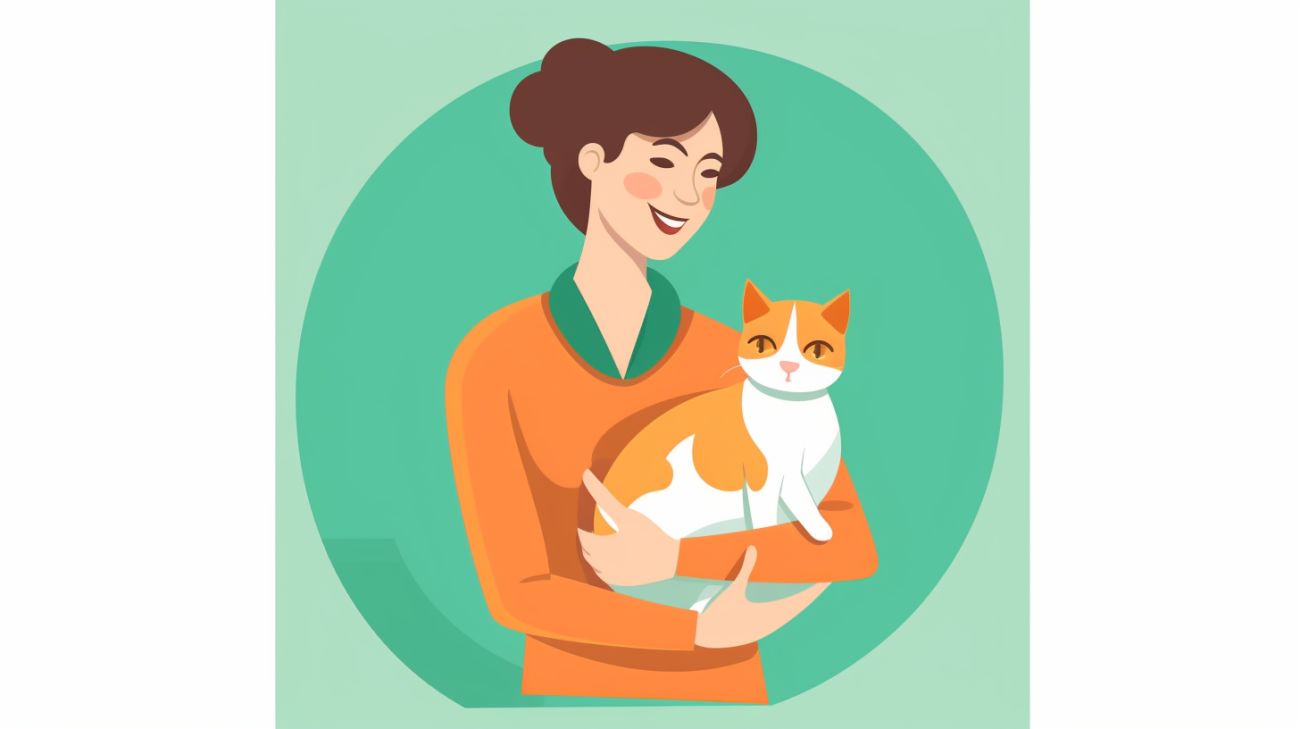
Pregnant women and their cats may be exposed to various environmental hazards that can pose risks to their health and well-being. These hazards include toxic plants, chemical cleaning products, pesticides, and secondhand smoke. It is crucial to identify and eliminate these hazards from your home to create a safe living environment for both you and your feline companion. Consider using natural and pet-safe alternatives to chemical products and ensure your home is well-ventilated and free of secondhand smoke. Regular inspections and precautionary measures can help maintain a safe environment for everyone involved.
Creating a safe living space for both

Creating a safe living space for pregnant women and their cats is crucial to ensure their well-being. Avoid using toxic plants and chemical cleaning products that can be harmful to both humans and cats. Opt for natural and pet-safe alternatives instead. Ensure proper ventilation in the home to minimize exposure to secondhand smoke. Regularly inspect the environment for any potential hazards and take necessary precautions to eliminate them. By creating a safe living space, pregnant women can provide a healthy environment for themselves and their furry friends.
Veterinary Care and Vaccinations

During pregnancy, regular veterinary check-ups are essential to ensure the health and well-being of both the mother and the cat. It is important to discuss your pregnancy with your veterinarian and inform them about any concerns or changes in behavior. Vaccinations for your cat should be up to date to prevent the risk of infectious diseases. Consult with your veterinarian about the specific vaccines needed for your cat during pregnancy, as some may be necessary to protect both the cat and the unborn child.
Importance of regular veterinary check-ups during pregnancy
Regular veterinary check-ups during pregnancy are crucial to ensure the health and well-being of both the mother and the cat. These check-ups allow the veterinarian to monitor the cat's health, address any potential issues, and provide necessary treatments or medications. It also provides an opportunity for the veterinarian to discuss nutrition, exercise, and behavioral changes that may occur during pregnancy. Regular check-ups help to ensure that both the mother and the cat receive the care they need, promoting a healthy and safe pregnancy.
Discussing vaccinations and preventive measures with your veterinarian

When pregnant with a cat, it is crucial to discuss vaccinations and preventive measures with your veterinarian. Your vet will guide you on which vaccines are safe during pregnancy and which ones should be postponed until after delivery. They will also provide information on preventive measures to protect your cat and unborn baby from potential diseases. By consulting with your veterinarian, you can ensure that both you and your furry friend receive the necessary protection and care during this special time.
Emotional Support
During pregnancy, emotional support is essential for both the pregnant woman and her furry friend. Managing stress is crucial, and spending quality time bonding with your cat can provide comfort and relaxation. Engaging in gentle play, cuddling, or simply spending quiet moments together can help reduce anxiety and promote a sense of well-being. Additionally, seeking support from loved ones, family, friends, or even support groups can offer reassurance and guidance throughout your pregnancy journey with your beloved cat.
Managing stress and bonding with your cat during pregnancy

During pregnancy, managing stress is crucial for the well-being of both the woman and her furry friend. Spending quality time bonding with a cat can provide comfort and relaxation. Engaging in gentle play, cuddling, or simply having quiet moments together can help reduce anxiety. This emotional support from the cat can bring a sense of calm and stability. Seeking support from loved ones, family, friends, or support groups can also offer reassurance and guidance throughout the pregnancy journey with the beloved cat.
Seeking support from family, friends, or support groups
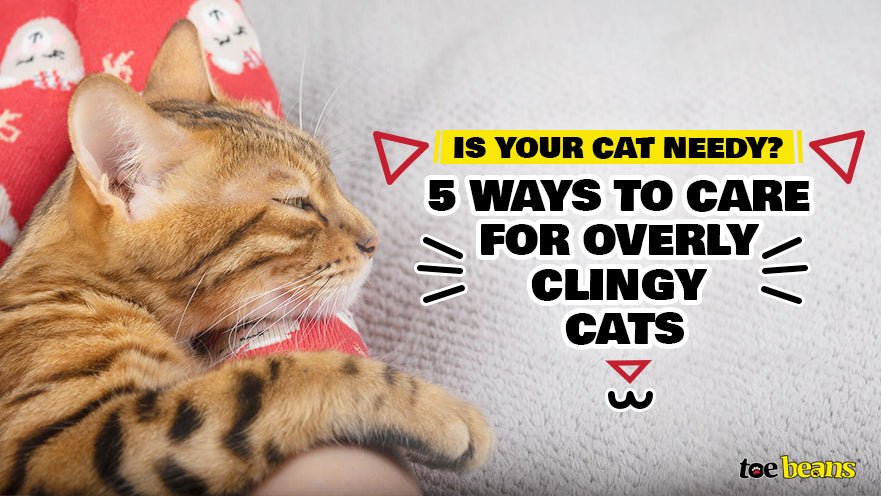
During pregnancy, it is important for women to seek support from their loved ones, including family, friends, and support groups. These individuals can provide emotional support, guidance, and reassurance throughout the pregnancy journey with their furry friend. Sharing concerns, seeking advice, and talking about the experiences with others who have gone through similar situations can be comforting. In addition, joining support groups specifically for pregnant women with pets can offer a sense of community and resources for managing the unique challenges that may arise.
Conclusion
:max_bytes(150000):strip_icc()/how-to-tell-when-a-cat-is-ready-to-give-birth-1394646981-2000-592224c53d904aa5967692dd17cb3a4a.jpg)
In conclusion, pregnant women can safely enjoy the companionship of their cats by following a few simple safety tips. By understanding the risks and benefits of having a cat during pregnancy and taking necessary precautions, women can create a safe and healthy environment for both themselves and their furry friends. Effective communication with healthcare providers, practicing good hygiene and cleaning habits, safe feeding and handling practices, litter box safety, managing environmental hazards, regular veterinary care, and seeking emotional support can ensure a harmonious and healthy pregnancy journey with their feline companions.
Summary of safety tips for pregnant women with cats

Pregnant women can ensure a safe and healthy environment for themselves and their cats by following these essential safety tips. First, communicate with your healthcare provider to discuss any potential risks and precautions. Maintain good personal hygiene and practice safe cleaning habits to minimize exposure to harmful bacteria. Follow safe feeding practices for both yourself and your cat, and handle your cat with care to avoid injury. Take necessary precautions to prevent exposure to potential infections from the litter box. Identify and manage environmental hazards, and prioritize regular veterinary care and vaccinations. Seek emotional support and manage stress for a harmonious pregnancy journey with your feline companion.
Ensuring a harmonious and healthy pregnancy journey with your feline companion
Ensuring a harmonious and healthy pregnancy journey with your feline companion is essential for both you and your cat's well-being. Take the time to bond and nurture your relationship with your furry friend. Provide plenty of love, attention, and playtime to keep your cat engaged and happy. Additionally, seek emotional support from family, friends, or support groups to help manage any stress or concerns that may arise during pregnancy. By prioritizing your cat's needs and maintaining a positive environment, you can enjoy a joyful and fulfilling pregnancy journey with your feline companion.




0 Comments